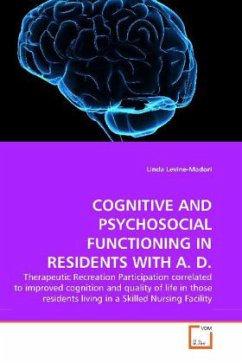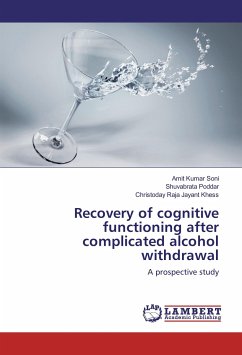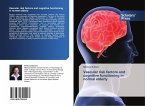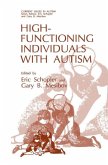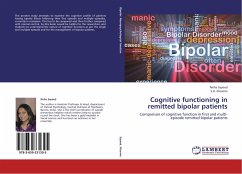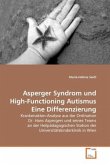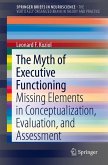BOOK OVERVIEW: The area of cognitive reserve, and the impact that art/recreation activities has on cognitive functioning and overall quality of life is becoming more obvious to scientists and researchers around the world. The purpose for writing this body of work is to enable health professionals, therapists, as well as caregivers to better understand these recent scientific discoveries and the role that self expression through the arts has on the brain, functioning cognitive performance and overall quality of life. This research study looks to tap into this emerging field of efficacy research that strongly correlates the construct of time spent in therapeutic art/recreation activities and challenging mental stimulation has on impacting cognitive reserve. This scientific work supports previous research related to brain plasticity, neural regeneration and the phenomena of cognitive reserve which demonstrate that positive changes in neural activity can be effectively activated by visual, auditory, and sensory stimulation. Contact Linda@www.levinemadoriphd.com
Bitte wählen Sie Ihr Anliegen aus.
Rechnungen
Retourenschein anfordern
Bestellstatus
Storno

